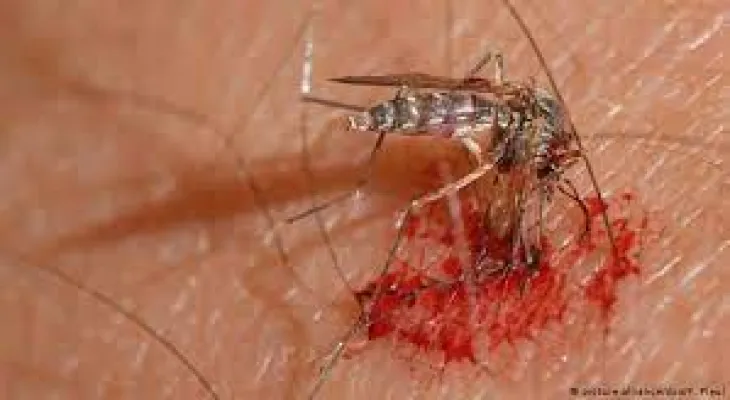Search here
Newspaper
Search here

Arab Canada News
News

Published: August 2, 2022
The city of Hamilton reminds people of the need to be vigilant after a group of mosquitoes trapped there recently tested positive for West Nile virus.
This is the first time this year that mosquito-borne disease has been detected in southwestern Ontario.
As a result, the medical officer of health in Hamilton has decided to raise the risk level of West Nile virus from low to moderate.
Residents are reminded to protect themselves from mosquito bites by using insect spray containing DEET or Icaridin, avoiding areas known to have mosquitoes, covering up and wearing light-colored long sleeves and long pants when in wooded areas, golf courses, or parks, especially at dawn and dusk when mosquitoes are most active.
Another way to reduce the risk of West Nile virus infection is to deter mosquito breeding. They said one of the most effective ways to do this is to remove stagnant water at least weekly from private properties.
In a press release issued on July 29, the city of Hamilton said it "continuously assesses the risk of human disease as part of a comprehensive program to monitor and prevent West Nile virus," adding that it recently completed a second round of larvicide treatments in the city streets.
In addition to ongoing surface water treatment, an estimated 20 percent of those infected with West Nile virus experience fever, while very few infected people—typically the elderly or those with weakened immune systems—experience more severe symptoms such as encephalitis or meningitis.
Most people show no symptoms, which usually appear two to 14 days after the bite of an infected mosquito.
Comments